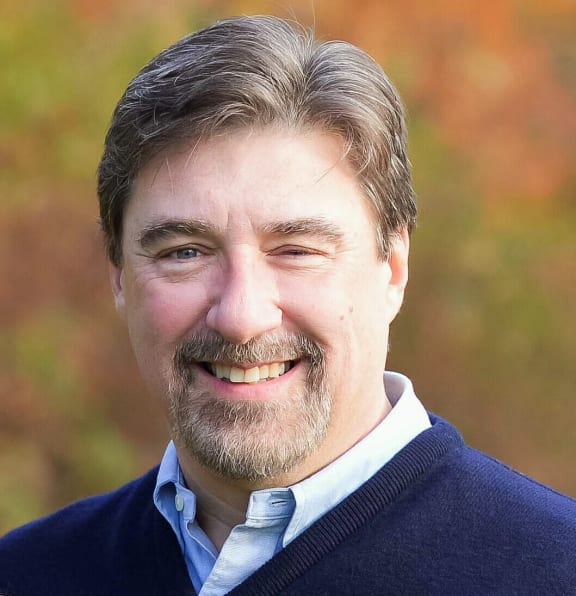Alternative facts did not start with Donald Trump.
For years, emotion has played a bigger role than reason in many public debates. But the rejection of rationalism and faith in experts is getting worse according to Tom Nichols, a Professor of National Security Affairs at the US Naval War College.

Tom Nichols Photo: supplied
He explores the implications of the 'post truth' era in his new book, The Death of Expertise: The Campaign Against Established Knowledge and Why It Matters.
Nichols told RNZ’s Jesse Mulligan that alternative facts have a long pedigree in American culture, but that something has changed in recent times.
He says an epidemic of narcissism, where no one is ever wrong, is fuelling the problem.
“This is a way of affirming oneself, saying I don’t need your advice… I am actually as smart as any expert who wants to tell me what to do.”
Nichols believes it’s a new and dangerous way to approach knowledge.
He says in the past 20 to 30 years, people have begun to equate the word expert with the word elite.
“People have come to believe, rightly or wrongly, that experts run the world, that experts run their lives.”
“People who control the information are winners in the global economy and people who don’t administer information are losers.”
He compares the change to a sour bout of bad temper and says it is a disease of affluence.
“I think this narcissism that says, you know, I’m important, my views are important, no one’s smarter than I am, confuses democracy as a political system of equality with a new notion of democracy that says somehow we are all the same and we are all equally talented and that are views on everything are all equally valuable.
“Which I think is demonstrably untrue.”
But Nichols says it’s empowering to believe.
“No one wants to have to say, you know, I really don’t know very much about this and maybe I should do more listening than talking.”
He says social media has been a miracle and a curse for society as it also only feeds us what we already like and doesn’t challenge us to step beyond our own echo chambers.
“We don’t get, for example, something on Facebook saying ‘since you’ve read this, here’s something different’.
“I tell people to vary their news intake the same way they vary their diet.”
He says when you don’t know a lot about something it’s very easy to have an opinion because the world is very black and white.
“People have stronger opinions but they tend to be rooted in shallower knowledge.”
In 2014 the Washington Post asked Americans what they thought the US should do about Russian interference in Ukraine.
“The people who were most likely to recommend direct military interaction were actually the people who were least likely to know where Ukraine actually was.”
Nichols says confirmation bias - when people form a view then select facts to back up what they already believe - is one of the oldest problems in science.
But he says it has been given a big boost by the accessibility of information in our modern world, with the US election an example of confirmation bias run amuck.
“If you’re a conservative you can watch Fox News, if you’re a liberal you can watch MSNbc.”
But experts aren’t beyond reproach, with a chapter in Nichols’ book called ‘When experts are wrong’.
“One charge against experts, which is a legitimate concern, is that because we live in a world of data, because we live in the world of theories and information, and we talk largely to each other, that we are in danger of losing our empathy.
But he says while experts can be wrong, they’re more likely to be right than most people.
Nichols wants the public needs to understand the limits of its own knowledge and experts need to recover some of their empathy and their willingness to engage with the public.
“Both sides need to return to this arena to engage with each other.”

